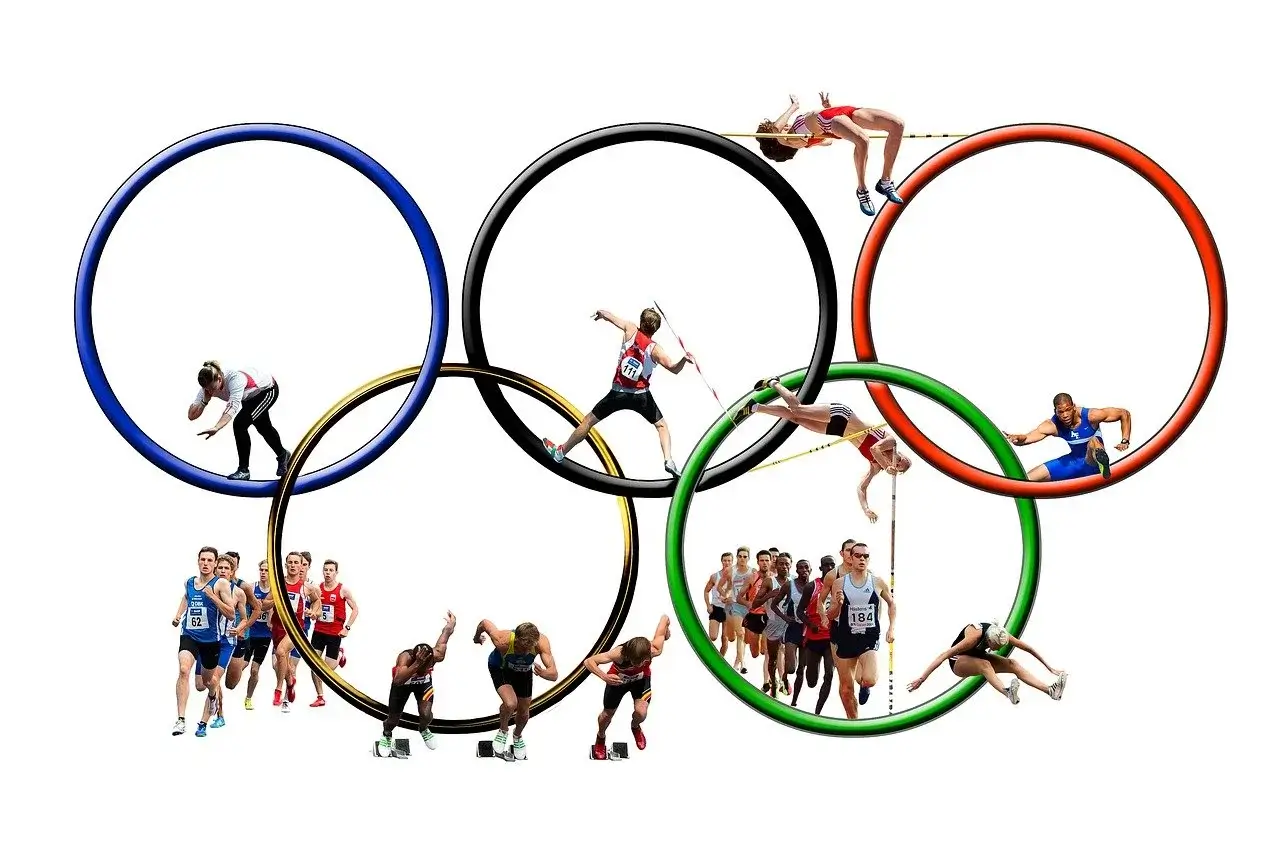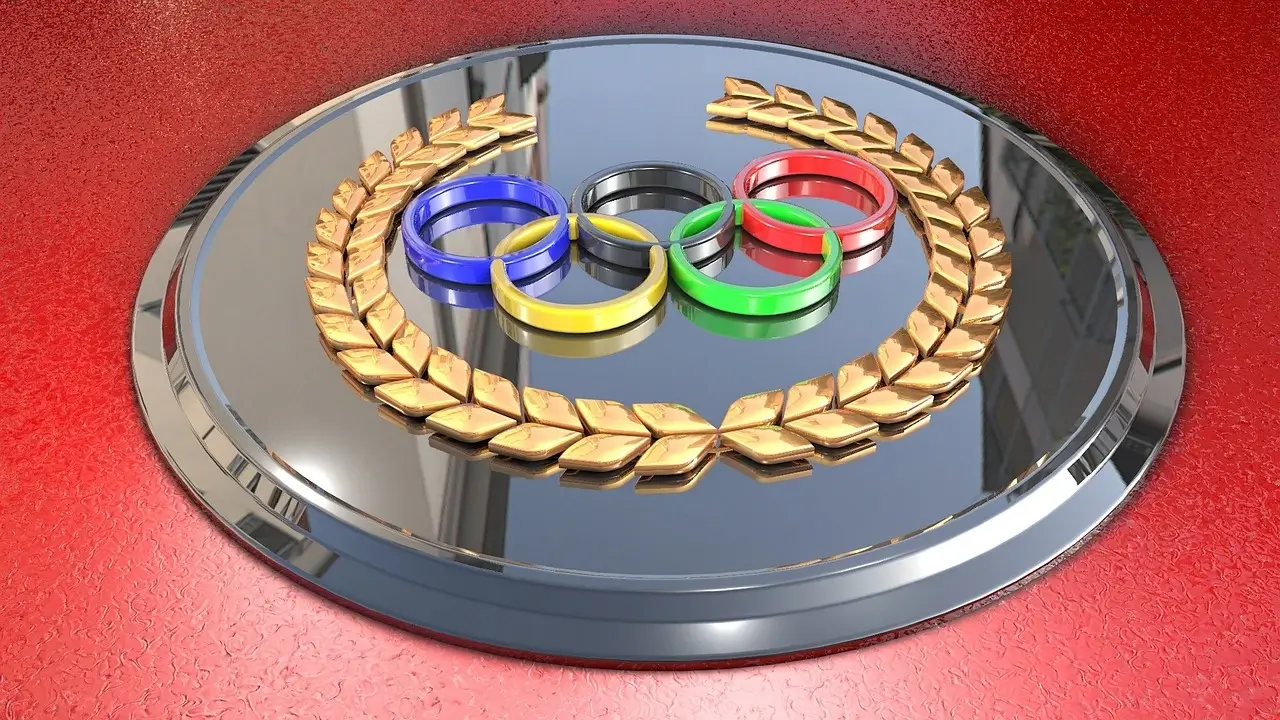The Olympic Games, often hailed as “The Greatest Show on Earth,” stand as a testament to the enduring power of human spirit and athletic excellence. From its humble beginnings in Ancient Greece to its modern incarnation as a global spectacle, the Olympics have captivated audiences and inspired generations. This journey through time explores the evolution of the Olympic Games torch, the triumphs and tribulations of athletes, and the profound impact of the Games on society and culture.
The Birth of a Legend: Ancient Greece
The roots of the Olympic Games trace back to the ancient Greek city-states, where they served as a religious and cultural festival. Every four years, athletes from across Greece gathered to compete in a range of events, from running and wrestling to chariot racing. The Olympic Games torch, a symbol of purity and peace, was first introduced in the modern era but echoes the spirit of the ancient Games.
Revival and Growth: The Modern Era
The modern Olympic Games, re-established by Pierre de Coubertin in 1896, have witnessed remarkable growth and evolution. The initial focus on amateurism has gradually transformed into a celebration of elite athleticism. The inclusion of women in the 1900 Paris Games marked a significant milestone, expanding the reach and inclusivity of the youth Olympic games and paving the way for greater gender equality in sports.
A Stage for Global Unity and Rivalry:
The Olympics have transcended their sporting roots to become a powerful symbol of global unity. The iconic image of athletes from diverse backgrounds competing under one banner encapsulates the spirit of the Games. However, the political climate of different eras has often cast a shadow over the sporting spectacle. The Cold War rivalry, for instance, transformed the Olympics into a geopolitical battleground.
Challenges and Triumphs: The Modern Olympics
The modern Olympic Games have faced numerous challenges, from the complexities of hosting a global event to the ongoing debate over amateurism versus professionalism. Yet, the Games continue to inspire and captivate audiences worldwide. Iconic moments, such as Jesse Owens’ historic victories in Berlin in 1936 and Usain Bolt’s dominance on the track, have solidified the Olympics’ place in popular culture.

The Future of the Olympic Games:
As the world evolves, so too must the Olympics. The inclusion of new sports, such as skateboarding and snowboarding, reflects the changing tastes of a global audience. The emphasis on sustainability and technology is reshaping the way the games are staged and experienced. Despite challenges, the Olympic spirit endures, inspiring athletes to push the boundaries of human performance and uniting the world in celebration of sport.
Conclusion:
The Olympic Games have evolved significantly since their origins in Ancient Greece. From a modest gathering of Greek athletes to a global spectacle featuring thousands of competitors from around the world, the Olympics have evolved into a powerful symbol of human achievement and unity. As the world continues to change, the Olympic Games will undoubtedly adapt and evolve, but their core values of excellence, friendship, and respect will remain constant.
By understanding the rich history and cultural significance of the Olympics, we can appreciate the magnitude of this extraordinary event and the athletes who dedicate their lives to achieving Olympic glory.
Experience the thrill of the Olympic Games like never before with PIWI247! Dive into the action and bet on your favourite athletes and events. With our exclusive 30% Freebet up to 300 EUR bonus, you can elevate your Olympic experience. Whether you’re rooting for the underdog or betting on the next record-breaker, PIWI247 offers a seamless betting experience with great odds.
Don’t miss out on this golden opportunity! Join PIWI247 today, claim your bonus, and feel the Olympic spirit as you make your predictions. Bet responsibly and enjoy the games!
Betting FAQs
What is the difference between the Olympic Games and the Paralympic Games?
How are the host cities for the Olympic Games selected?
What is the Olympic motto, and what does it mean?
Interest in Esports. Wanted to try writing for different platforms. He is a 38-year-old who enjoys playing soccer, mountain climbing, and charity work. He mostly travels to games and investigates current events in sports.Follow him on Quora today.


